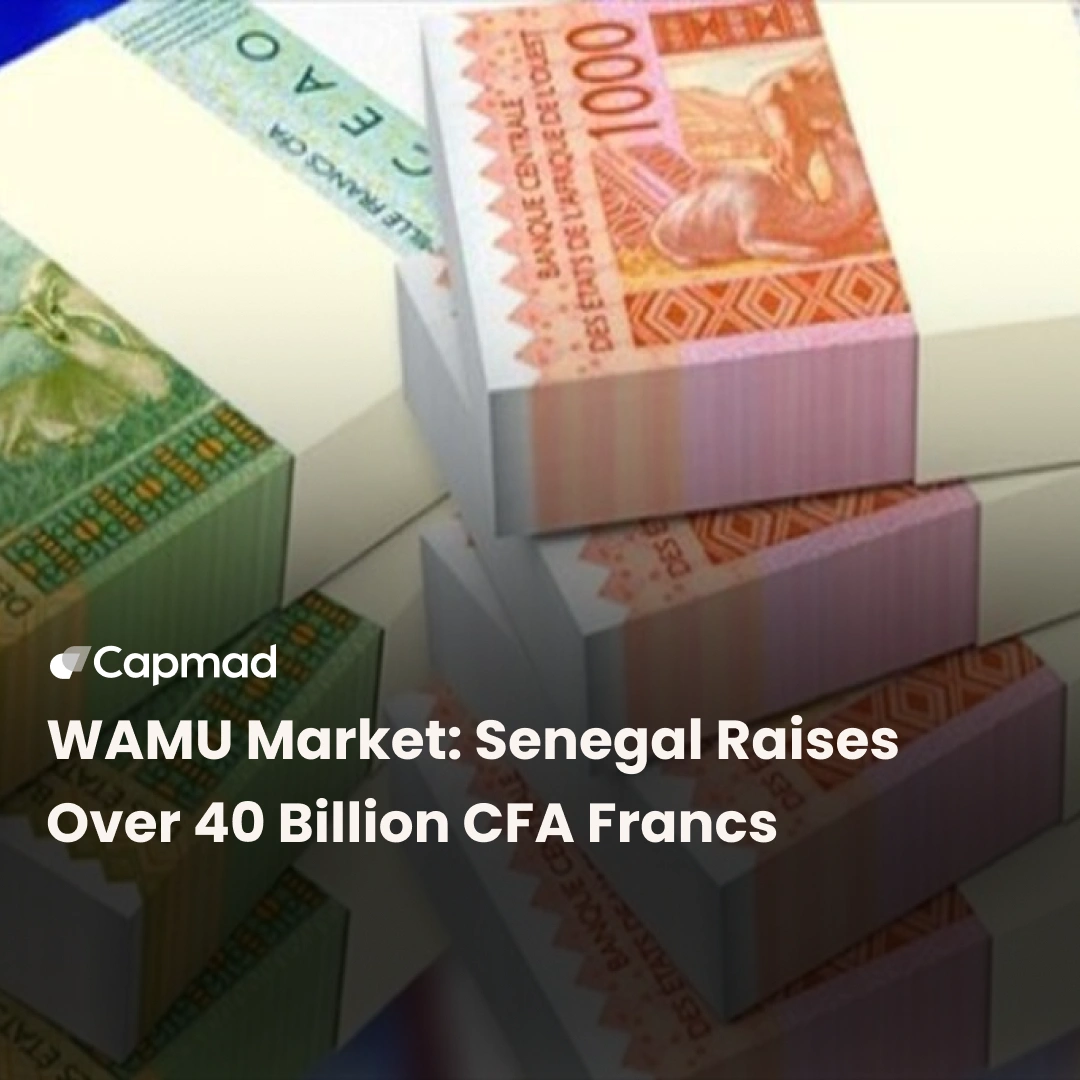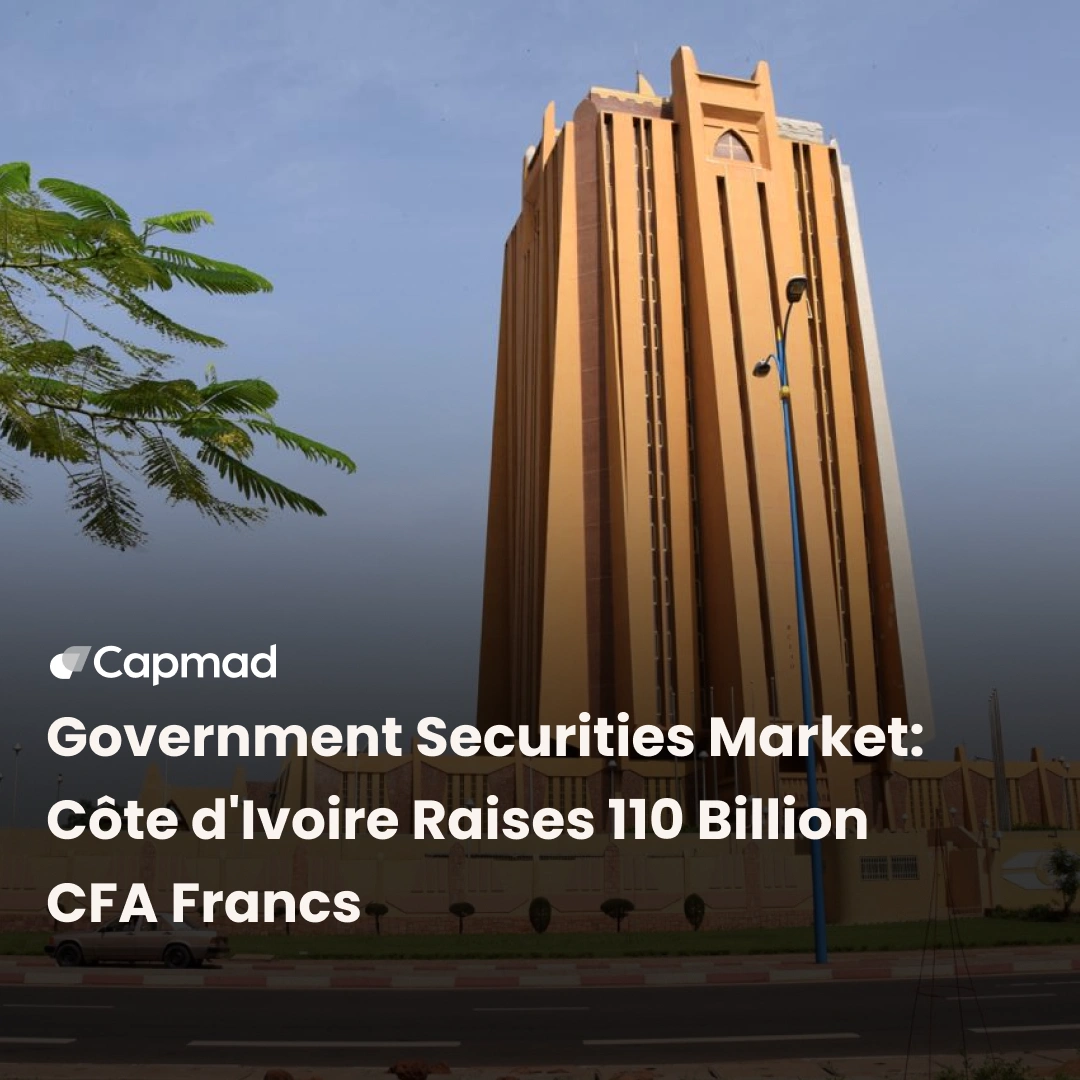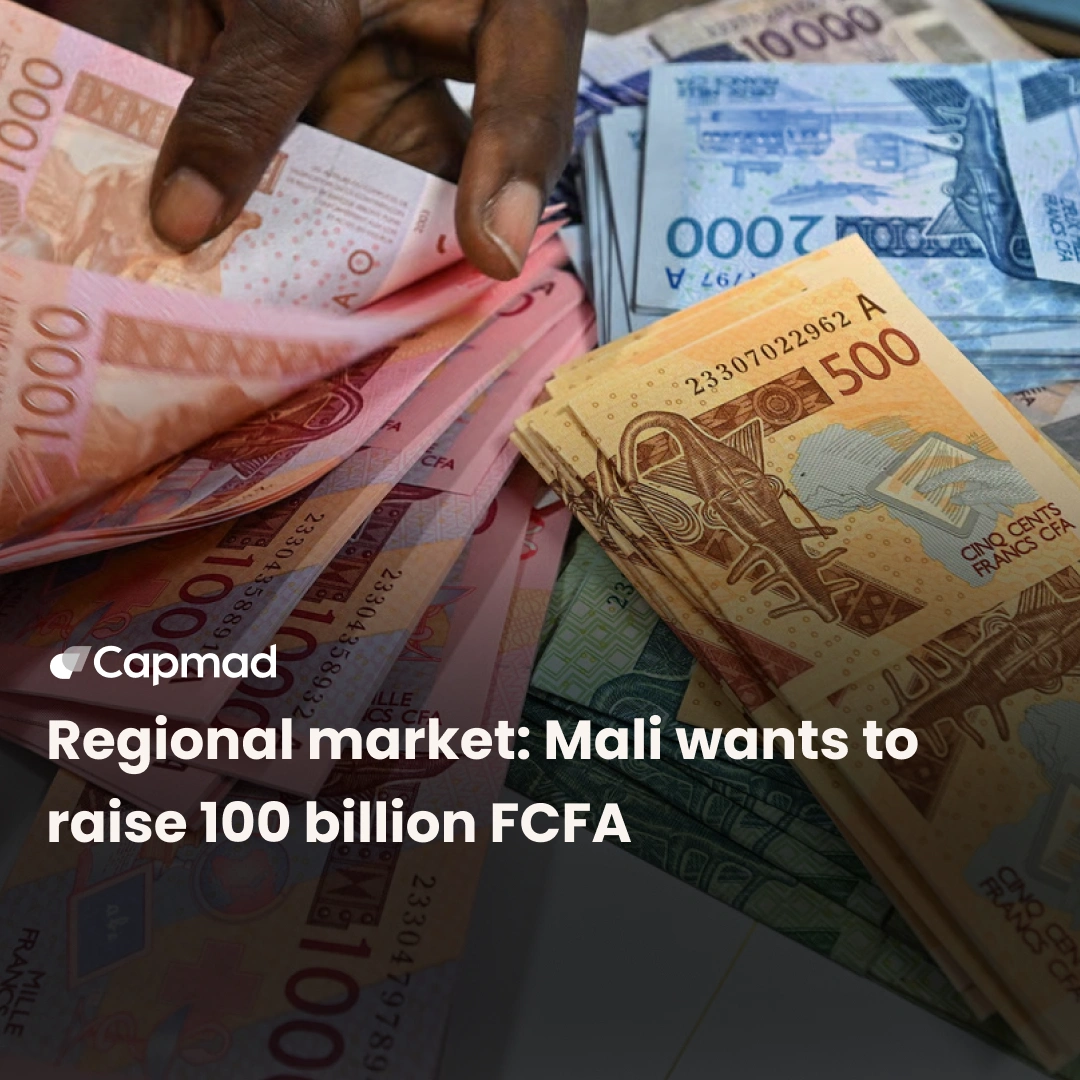In a seemingly coordinated turn of events, the West African countries of Niger, Mali, and Burkina Faso have declared their withdrawal from the Economic Community of West African States (ECOWAS).
Withdrawal that risks undermining commercial relations in the region
After the announcement of their departure from ECOWAS, landlocked Mali, Niger, and Burkina Faso, lacking direct access to the sea, face unique challenges in their future economic relations. This decision was declared on Sunday, January 28, 2024, in a joint statement by the leaders of the three Sahelian countries, citing their « sovereign decision » to immediately sever ties with ECOWAS.
The decision of Mali, Niger, and Burkina Faso to withdraw from the West African organization raises concerns, especially about potential losses of trade opportunities with Nigeria, Africa’s largest economy, and other member countries of the 16-nation bloc.
Founded in 1975 as a free trade area, ECOWAS can be classified into two groups. The first group comprises the eight members of the West African Economic and Monetary Union (UEMOA): Benin, Burkina Faso, Côte d’Ivoire, Guinea-Bissau, Mali, Niger, Senegal, and Togo. These nations have adopted the CFA franc as their common currency. The second group comprises non-UEMOA members, including Cape Verde, Ghana, Guinea, Gambia, Nigeria, Liberia, and Sierra Leone.
Commercial opportunities at stake
According to data from the International Trade Centre, Nigeria’s imports from Niger increased, reaching 33.4 million USD in 2022, up from 25.7 million USD in 2021. However, the trend differed for Mali as imports from Abuja decreased from 180,000 USD to 166,000 USD. Burkina Faso experienced a notable change, with imports from Nigeria surging to 40,000 USD in 2022, reflecting a remarkable increase of 566 % from the reported 6,000 USD in 2021.
In terms of exports, statistics reveal a mixed scenario. In 2022, Niger exported goods worth 192.9 million USD to Nigeria, a slight decrease from the 197.3 million USD reported a year earlier.
On the other hand, Mali saw a substantial increase in exports to Nigeria, experiencing a 246 % increase from 5.03 million USD to 17.4 million USD in 2021. Conversely, Burkina Faso faced a significant decline in exports to Nigeria, with figures dropping to 13.6 million USD in 2022, compared to the previously reported 40.2 million USD.
Main exports of Mali, Niger, and Burkina Faso
The decision of Mali, Niger, and Burkina Faso to exit ECOWAS is particularly significant given their landlocked status within the region. Unlike their member countries, these three nations lack direct access to the sea, presenting unique challenges and considerations in their economic relations. Particularly at the level of regional economic integration.
With a combined area of approximately 2,781,092 km², accounting for 54.38 % of the total ECOWAS area, Mali, Niger, and Burkina Faso engage in fairly similar trade activities. Burkina Faso heavily relies on a single agricultural product, cotton, which dominates its export portfolio to various regions.
Burkina Faso’s exports within the bloc include a limited range of food products and tobacco items, including cigarettes, sugar, and vegetable oil. For Mali, a country grappling with armed militants in the north, animals are the main export products to ECOWAS. In the case of Niger, agricultural products play a central role in its exports, with animals and onions featuring prominently.
The landlocked status of Mali, Niger, and Burkina Faso underscores the importance of regional cooperation, trade agreements, and the development of efficient transport corridors to ensure the smooth flow of goods across borders.
These Countries Decide to Leave ECOWAS
The three countries’ leaders primarily cite the imposition of sanctions deemed « harsh » by the regional bloc, constantly urging them to return to a democratic regime. In their joint statement, the leaders assert that ECOWAS has deviated from the noble ideals envisioned by its founding fathers and the principles of Pan-Africanism, signaling a profound departure from the vision that brought the nations together nearly 50 years ago.
Moreover, they claim that the bloc is now acting « under the influence of foreign powers ». Following regime changes in these countries, ECOWAS imposed sanctions, including closing the country’s air and land border points with neighboring economies.
Additionally, ECOWAS took the unprecedented step of freezing the assets of the State of Niger held in member countries while preventing the junta from engaging in transactions with organizations and institutions affiliated with ECOWAS.
As a result, Niger found itself practically unable to engage in trade with neighboring countries such as Benin and Nigeria, the largest economy in Africa. This blockade led to a significant rise in food prices in Niger, amplifying the economic challenges faced by one of the world’s poorest countries.







